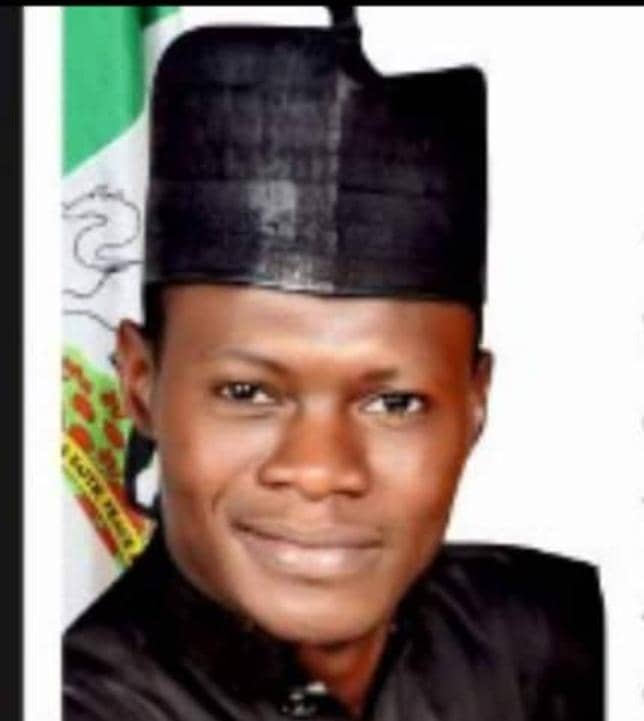Alert on Challenges in the North: He who talks much does little, by Usman Yusuf Dole
“We are the architects of our plight.”
The northern region of Nigeria, beset by unprecedented challenges, remains a frequent topic of discussion in media and at roundtables. Yet, these issues seldom translate into practical and actionable solutions.
Unless northern leaders rise with genuine concern to rescue the next generation—just as they were once empowered by Sir Ahmadu Bello, the Sardauna of Sokoto—the region risks stagnation and further decline.
Many of these leaders, who once came from humble beginnings, owe their success to the uncompromising vision of the Sardauna to uplift the North. It is now their responsibility to carry that legacy forward.
At the dawn of Nigeria’s independence, originally proposed for 1956, Sir Ahmadu Bello and other Northern leaders voiced concerns over the South’s educational advancements, fearing they would create an imbalance to the North’s disadvantage. Through strategic negotiations, independence was postponed, allowing a more balanced transition, which ultimately took place on October 1, 1960.
READ ALSO: Mr. Daniel Bwala: Getting ahead of oneself, by Usman Yusuf Dole
The Sardauna’s profound understanding of the North’s challenges guided his policies and actions. Recognizing the importance of the military in fostering unity and governance, he ensured individuals from modest backgrounds, such as Muhammadu Buhari, Yakubu Gowon, and Ibrahim Babangida, were inducted into the Nigerian Army. This foresight secured the region’s military prominence.
In education, his vision was equally transformative. He founded Ahmadu Bello University (ABU) in Zaria, a prestigious institution that became a symbol of Northern pride and educational excellence. At the time, students received adequate stipends, making education widely accessible. Ironically, today, the beneficiaries of these initiatives build private universities, send their children abroad to elite schools, and neglect the public institutions that once empowered them. Consequently, these institutions now grapple with overcrowding, underfunding, and abandonment.
The North faces a severe educational crisis, with UNICEF estimating that 10.2 million children aged 5-14 are out of school. Amid this bleak reality, one notable individual has taken significant action to address educational inequalities in the region: Rochas Okorocha of Imo State. Through the Rochas Foundation, he established charity schools in cities like Jos, Bauchi, Kano, and Zaria—an initiative unmatched by prominent Northern philanthropists such as Aliko Dangote, BUA, or TY Danjuma.
Under President Goodluck Jonathan, seven universities and 200 Almajiri schools were established in the North. However, during President Buhari’s tenure, despite his Northern roots, only one federal university was built—in his hometown of Daura—and no significant efforts were made to sustain the Almajiri schools initiated by Jonathan.
Recently, President Tinubu announced a ₦15 trillion Lagos-Calabar Coastal Highway project. This announcement drew criticism from Northerners, who lament the lack of significant progress on the Kano-Kaduna-Abuja highway during Buhari’s eight-year administration. Only recently was Julius Berger’s contract on the project terminated due to delays and inefficiencies.
Even Abuja, the nation’s capital located in the North-Central region, suffers an imbalance in its federal workforce, which is dominated by Southerners. This stems from two critical issues: Northern quotas are often sold or left unutilised, and many Northern leaders prefer appointing aides from the South, neglecting the development of local talent.
Unfortunately, with every election cycle, the North’s pressing needs—education, security, industry, and infrastructure—are overshadowed. Instead, negotiations with Northern elites often revolve around monetary rewards or trivial incentives, such as food items, in exchange for votes.
Although the region’s challenges are regularly discussed at forums like the Northern Governors’ Forum and the Arewa Consultative Forum, these conversations rarely lead to tangible outcomes. In contrast, the South often pairs discussions with decisive actions, resulting in visible progress.
Unless practical and decisive measures are taken, the North will remain trapped in a cycle of stagnation and unfulfilled potential.
Follow the Neptune Prime channel on WhatsApp: https://whatsapp.com/channel/0029Va74ZvU2v1IqKByXoX3d
Do you have breaking news, interview request, opinion, suggestion, or want your event covered? Email us at neptuneprime2233@gmail.com


